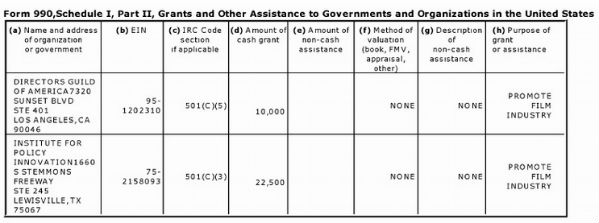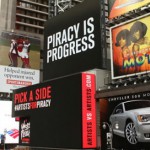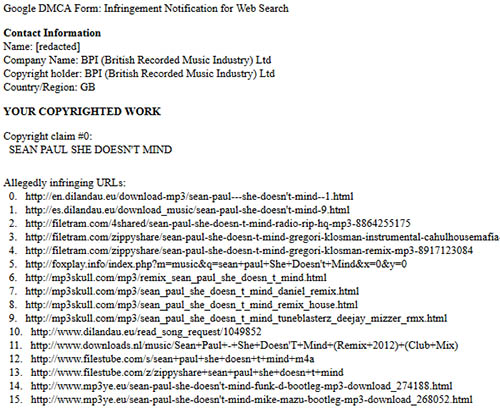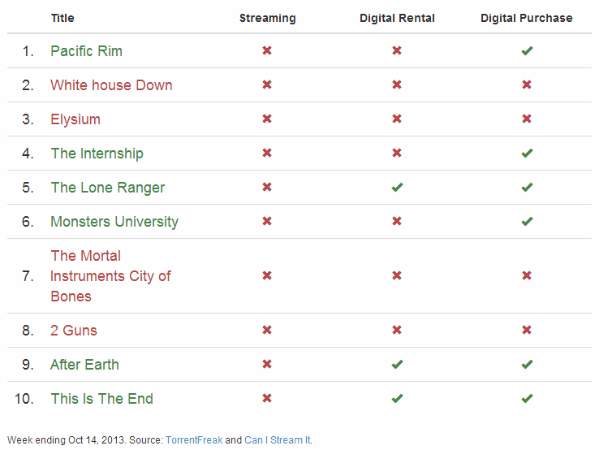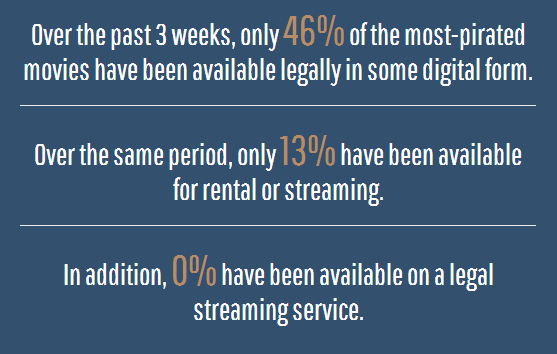Italian Court Orders ISPs to Block Several Major Torrent Sites
jeudi 17 octobre 2013 à 12:24 All around Europe rightsholders have been working hard to have Internet providers block torrent and other file-sharing platforms. Courts in the UK, Netherlands, Ireland and Denmark have ordered blockades, but Italy raises its head more regularly than most with additional censorship orders.
All around Europe rightsholders have been working hard to have Internet providers block torrent and other file-sharing platforms. Courts in the UK, Netherlands, Ireland and Denmark have ordered blockades, but Italy raises its head more regularly than most with additional censorship orders.
In a fresh batch of court orders dated today, Italian ISPs have been ordered to block several of the world’s leading torrent sites. The orders were granted by the prosecutor from Bergamo who ordered the original blocking of The Pirate Bay back in 2008. Music industry group FIMI say that they were responsible for the complaints.
“I can confirm that FIMI referred these sites to the criminal prosecutor. We are very happy about the outcome,” FIMI chief Enzo Mazzo told TorrentFreak.
The first blocking order is against ExtraTorrent, an indexing site ranked 5th in the world during the early part of 2013.
The site suffered a setback earlier this week when police in the UK asked its registrar to suspend its .com domain. However, it now appears that ExtraTorrent managed to transfer the domain away from PDR Ltd to a new company and has since regained control.
The Italian block against the site specifically mentions ExtraTorrent.com (the site has since moved to .CC) but also details the site’s IP address.
Also ordered to be blocked is 1337x.org, the only site in the batch that operates both indexes and trackers. In January 2013 the site was ranked 6th in the world and it currently lists more than 586,000 torrents in its database.
The third site covered by the blocking orders is the troubled H33T. The site disappeared from the Internet last month following a complaint from Universal Music. The site’s admin is currently maintaining radio silence but there are signs that the site is preparing for a revival. The Italian court order lists H33T’s .eu domain in addition to its IP address, neither of which will be in use for any return.
TorrentHound is the fourth site on the prosecutor’s list and although not as big as the others has attracted attention from anti-piracy companies in the past, including the RIAA who attempted to identify the site’s operators in 2011. It currently indexes 6,041,258 torrents linking to 12,755 terabytes of data.
Finally, the prosecutor is revisiting The Pirate Bay. The new order references the site’s relatively new .sx domain but according to Marco d’Itri who runs Osservatorio Censura, the scope is particularly unusual.
“I think that this new Pirate Bay order is seriously troubling because it appears to request that the whole network 194.71.107.0/24 should be filtered, which also covers The Pirate Bay’s mail server,” d’Itri told TorrentFreak.
D’Itri is currently investigating the precise details and we hope to post an update here shortly.
Source: Italian Court Orders ISPs to Block Several Major Torrent Sites


